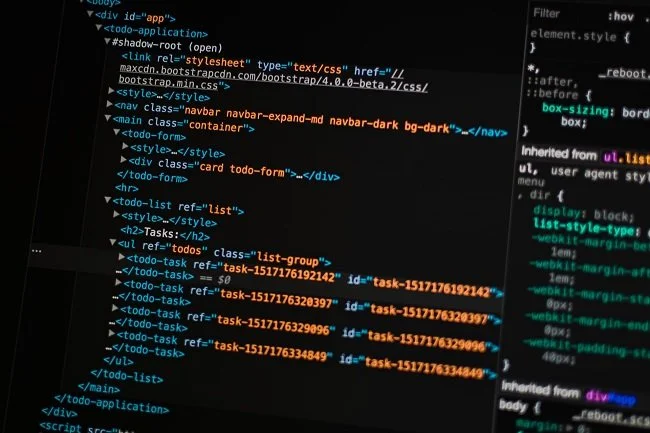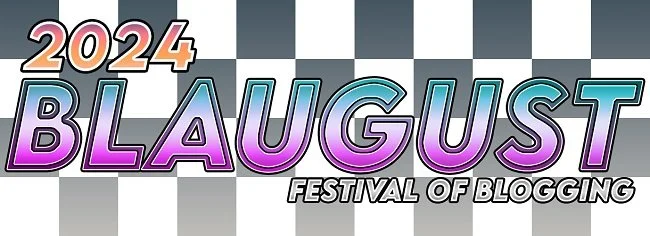Thoughts on Blogging Part 5
This week, a rather high profile sub-reddit associated with the Star Trek Online community, changed its status to “private” as a means of protesting against the state of the game and the way developers Cryptic are handling things. That matter was surprisingly resolved within 24 hours after an olive branch was extended from the STO community manager on reddit. However, it is not the protest itself nor the state of the game that I wish to focus upon, but the importance of /r/stobuilds as a shared community resource. A lot of STO players enjoy optimising their builds and tweaking their loadout and this site it the place to go to share such information. There is also a group of hardcore players that dig deep into the games data and comprehensively crunch number and generate useful information. Hence if a resource such as this was taken offline for longer period of time, it would have a tangible impact upon players and the wider community.
Now not every fansite, blog or player run resource are of a comparable size and significance, but I would cogently argue that they all contribute to their respective communities in essentially the same manner. They’re sharing information, enthusiasm and support for the things that they love and are entertaining and communicating with others. A fellow blogger who wrote a popular MMO fansite, once told me that they considered their writing as a public service in a way. I do not think the remark was a reflection of their vanity. It simply showed that they enjoyed participating in a wider community and sharing what they knew. However, they also remarked that once you find yourself in a position where your work becomes important to the wider community, you can become a “prisoner of your own success”. This then raises the spectre of “obligation” over writing for pleasure. If you’re creating guides for an MMO or data mining the latest patch, then you can end up in this position.
I have a plethora of websites and blogs, bookmarked in my web browser. Most are run by fans and despite the fact they are amateur publications, many are of an extremely high standard. In fact, they often put the professionals to shame. Such blogs are often done by sole individuals, busy couples or over stretched collectives who are passionate about their subject. A lot of people benefit from the hard work that they put in. The recent LOTRO renaissance has highlighted for me just how many great fan-based resources still exist, but it has also reminded me of how many blogs and podcast have retired of “faded” over the years. The absence of some are still sorely missed. Expressing yourself through written words is more labour intensive than producing content for other platforms. It is less ephemeral due to the thought and consideration that good writing takes. In some respects, the bloggers surrounding certain games are a microcosm of the of the wider community.
There’s been a lot of talk of late regarding preserving video games history. It is indeed an interesting proposition because it is in historical terms such a relatively recent phenomenon. However, if you wish to preserve games per se, as we currently do with other art forms such as movies, music and books, then surely preserving their associated impact on popular culture is equally as important? Fifty years from now when it can be safely assumed that World of Warcraft should have run its course, having access to the myriad of websites and fan resources that evolved around the MMO will be key to understanding the popularity of the game itself. Surely, such a concept logically extends to blogging around any aspect of popular culture? Naturally not every site or blog is destined to be of paramount historical importance, but all contribute in their own unique way to bigger community picture. Consider that next time you write, and it may help motivate you. Or it may do the opposite.




























